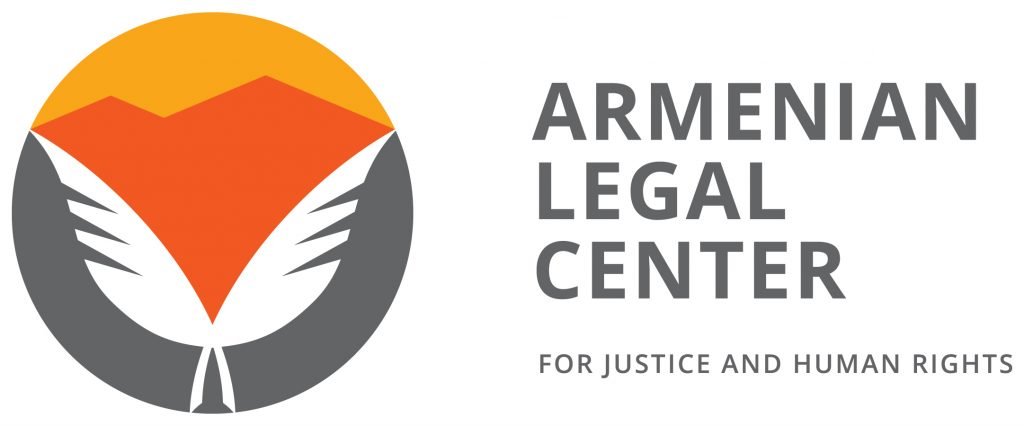On Sept. 28, 2016 the formation and establishment of the Armenian Center for Justice and Human Rights (ALC) was announced. This was an admirable first step, long overdue and most eagerly awaited. The Center faces huge challenges, complex legal issues, and judicial systems and jurisdictions that might be hostile or have little knowledge about the Armenian Genocide. Thus, the ALC needs tremendous support financially, morally and intellectually, as it is a major undertaking that will require vast resources both human and financial.

It has been almost four months since the announcement was made. Here are some thoughts to reflect upon and to ponder:
- a – This should have happened long time ago. More than a century has passed since the Armenian Genocide. Armenians will never forget or forgive, but the world has a shorter memory. Still, better late than never.
b – There are very few survivors of the Armenian Genocide that are still alive. From the various communities in the Diaspora we sadly learn the passing away of a survivor. On Sept. 26, 2016, Keghetzik Hagopian-Zaroukian passed away in Toronto at the age of 107. Just last week, the last verified survivor of the Armenian Genocide in Canada, Knar Bohjelian-Yemenidjian, passed away in Montreal on Jan. 19. I wonder how many are left and where they are…
c – Most, if not all, descendants of genocide survivors have no records, documents, or detailed history on what their grandparents (some cases parents) went through to survive and reach new shores with nothing in their possession other than the clothes on their backs.In the case of my grandmother, she never spoke about the members of her family who were brutally killed, the sufferings of her family, her treacherous journey from Tikranakert to Adana with five-year-old mother and eight-year-old uncle. There, she was issued a “Permit of Passage” with “no return” to destination “Alexandria.” That is the only document I have in my possession. (See article dated Dec. 23, 2015, in the Armenian Weekly – “A Document that Cries Out”). I was too young to question or comprehend the indescribable tragedy and trauma that befell the survivors and the 1.5 million victims that perished.
d – It will be difficult and an arduous task, and costly, to conduct the research in the various towns to find registered documents related to the individual properties and assets that were looted, confiscated, or taken over illegally. It is highly doubtful that Turkish authorities will cooperate.
- On Sept. 10, 1952, seven years after the end of World War II, an agreement was reached between West Germany and Israel on reparations for the survivors and victims of the Holocaust. According to the web sites of the Jewish Claims Conference, the Jewish Virtual Library, the Holocaust Memorial Center, the Shoah Resource Center, and the International Center for Holocaust Reparations, since March 12, 1953, Germany has paid billions in reparations to survivors and victims of the Holocaust, and to this day it continues to do so.The Israeli government acted very quickly and with the support of Jews worldwide—especially the Jewish Claims Conference, which was established in October 1951 in New York—was relentless in pursuing and finding legal ways to receive substantial amounts in reparations.Germany had lost the war. The Allies were exerting a lot of pressure on the German government. The Germans did not deny the Nazi atrocities. Memories were fresh, records were still in existence, and documented proof was readily available.A major concern is that too much time has passed since the Armenian Genocide. The geopolitical landscape, conditions, circumstances, and alliances are different today. The perpetrators of the genocide are dead. Their successors, the present Turkish government, denies the Genocide. What is most disturbing is that the world today has a blind eye and a deaf ear to the human rights violations by the Turkish government.Even though Turkey is in a mess—both domestically and on the international scene—it is a NATO member that masterfully plays the political game and dirty tricks between the East and the West with its critical geographic location.
I hope and pray that The Armenian Center for Justice and Human Rights is successful in pursuing justice and reparations and garners the support of all Armenians. It also needs the support of the Government in Armenia, which as a sovereign state should have more weight in court systems.


Be the first to comment